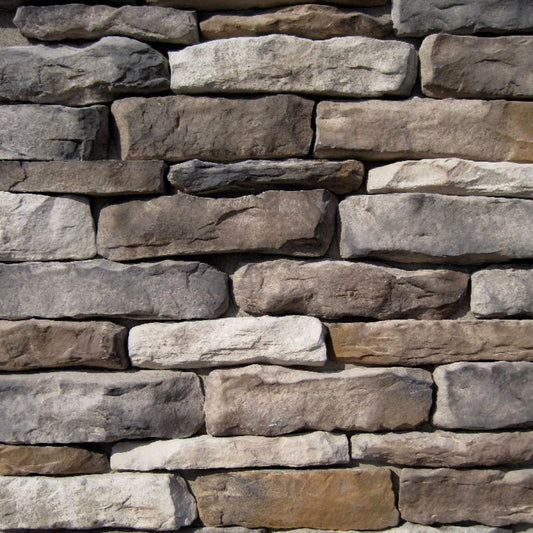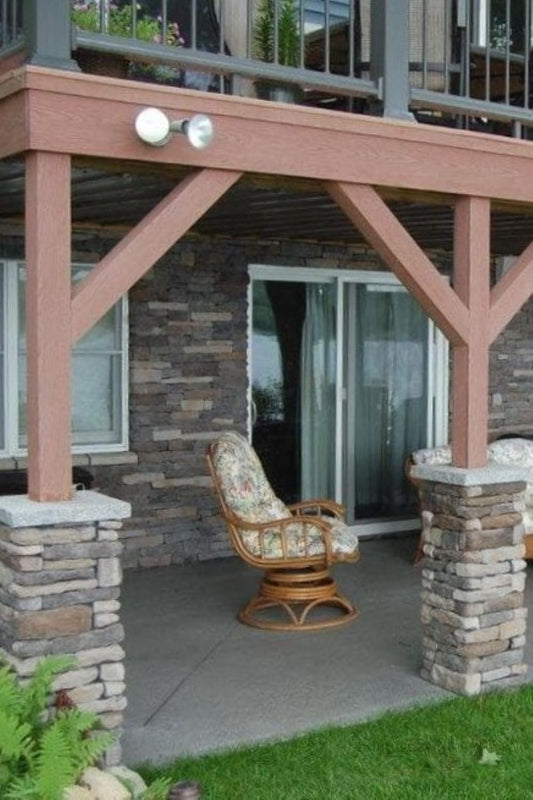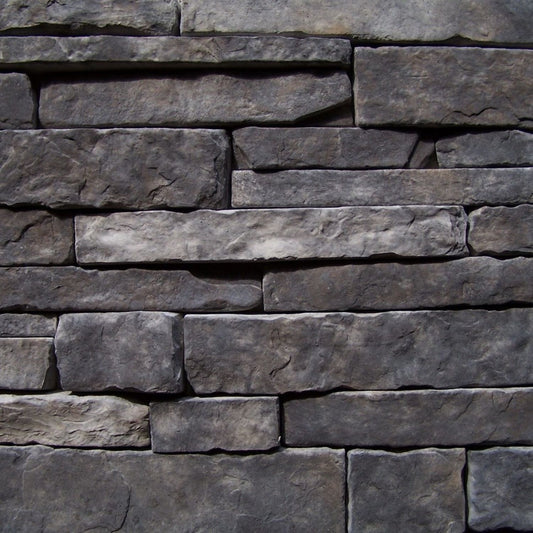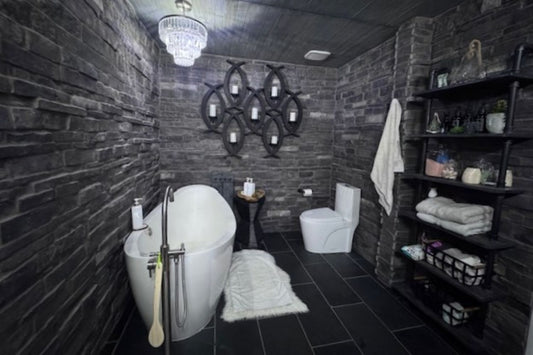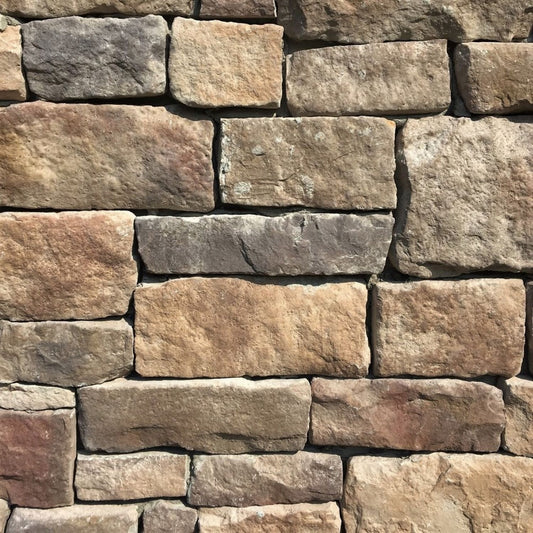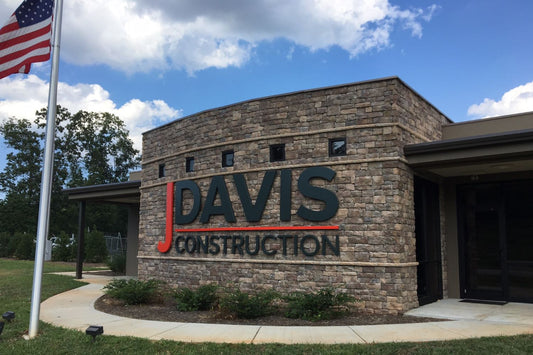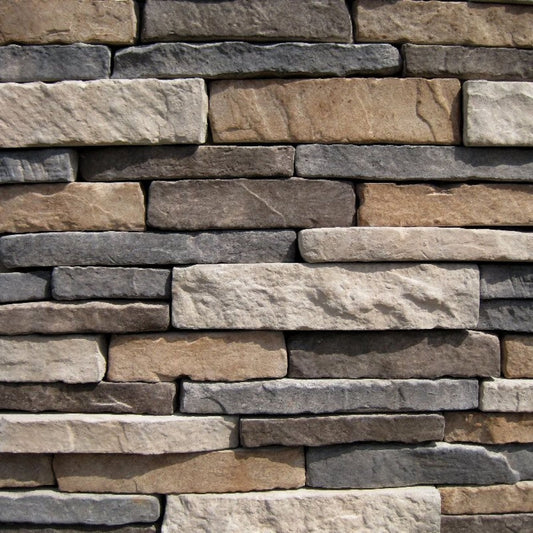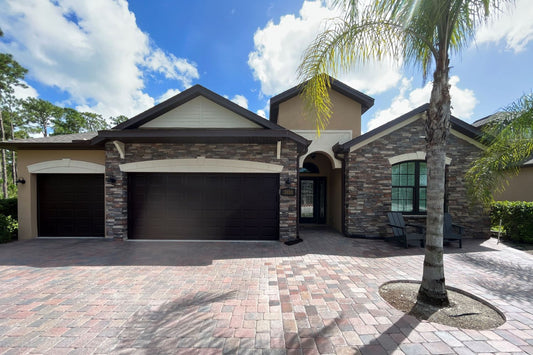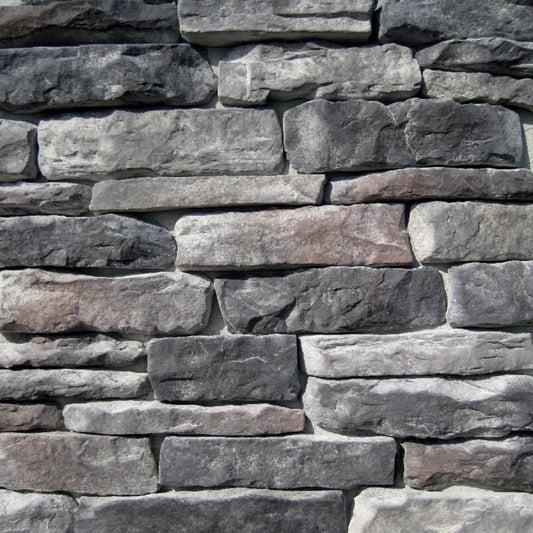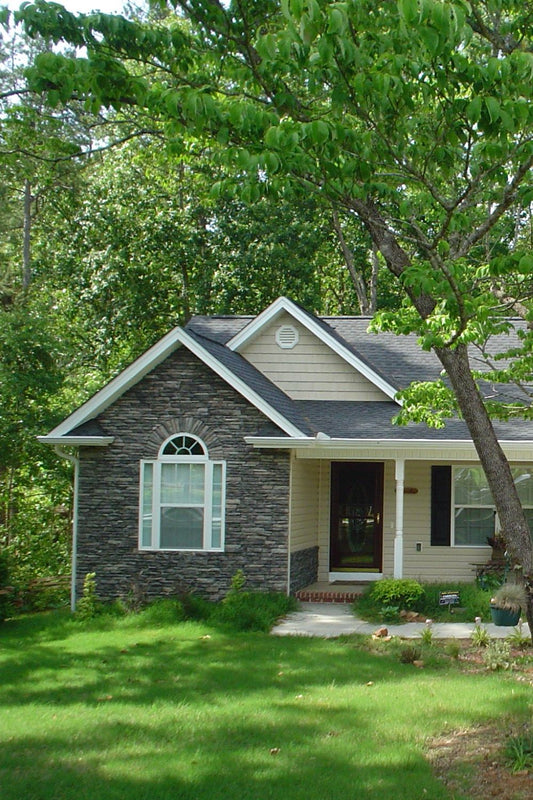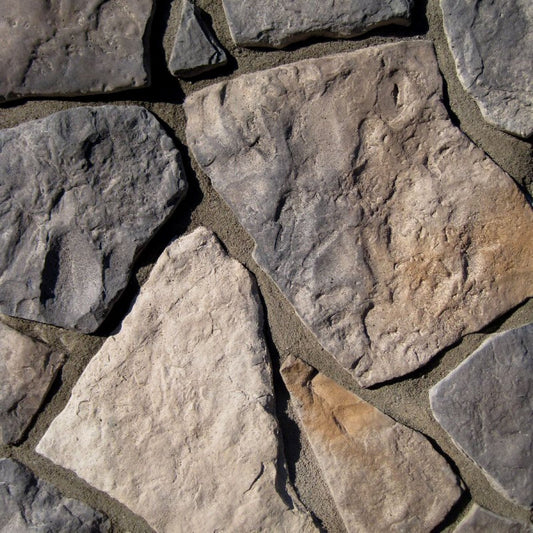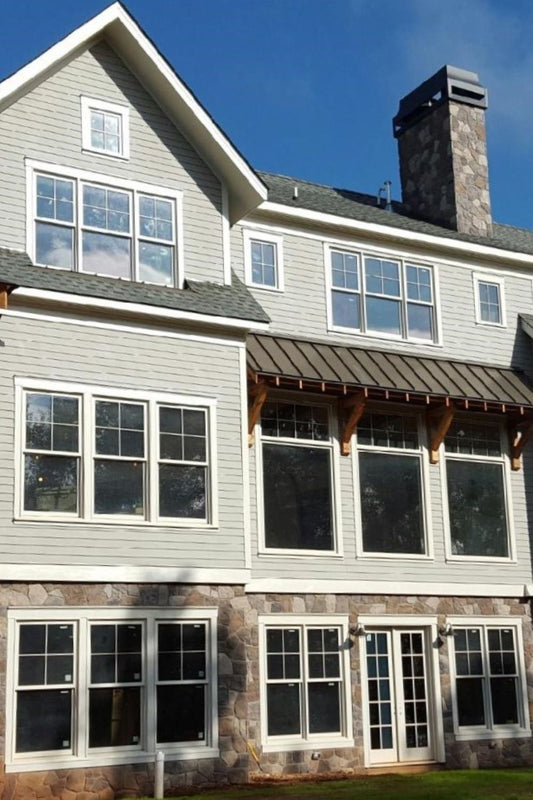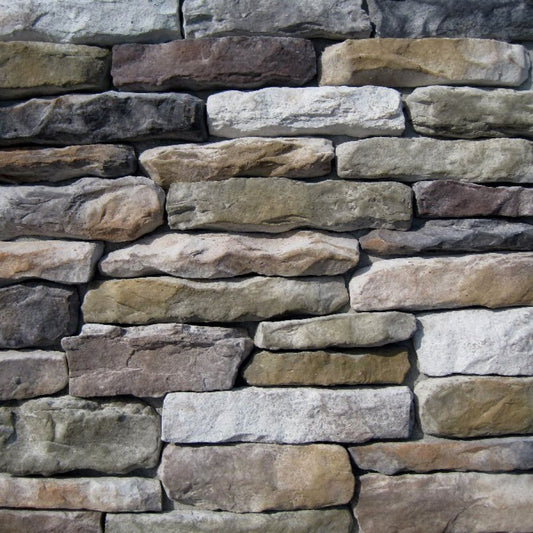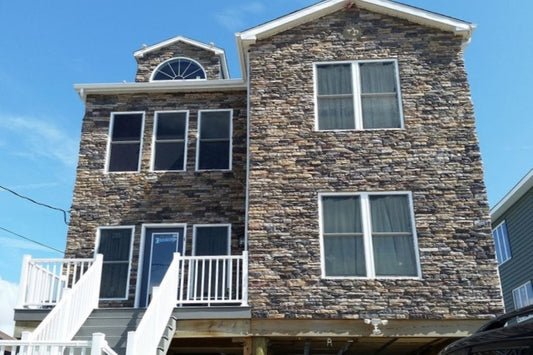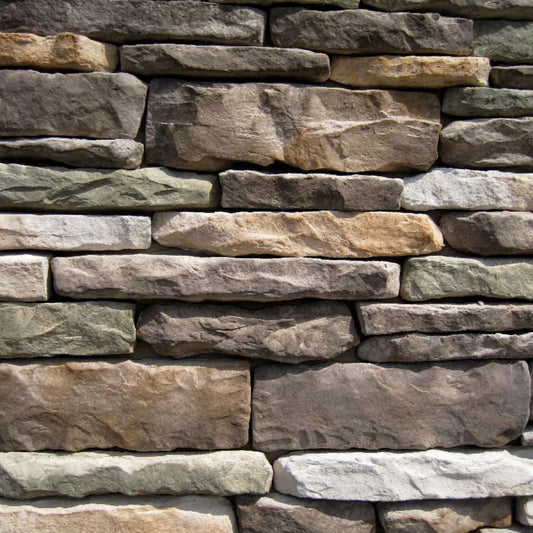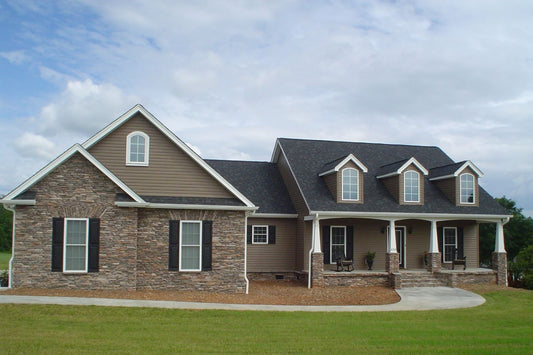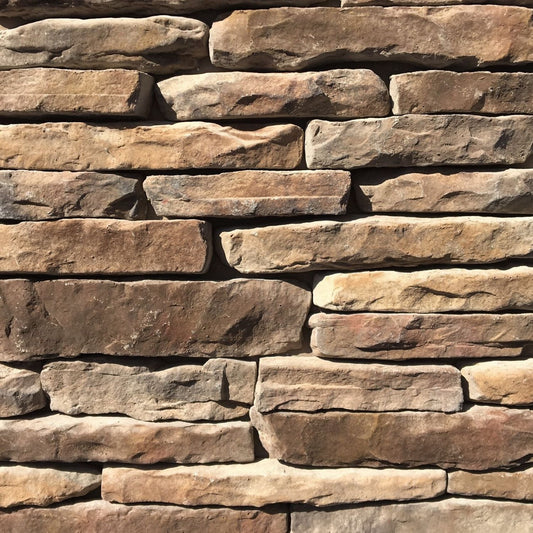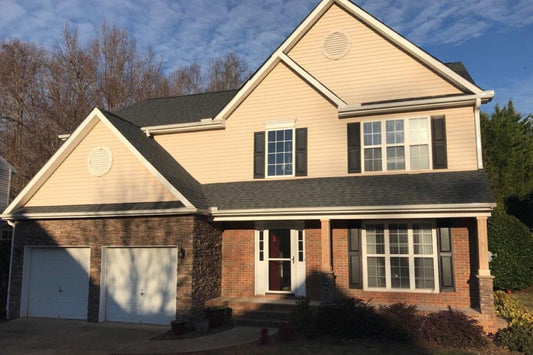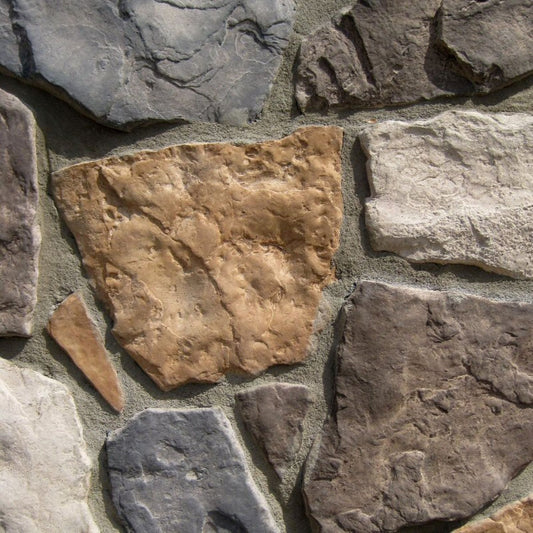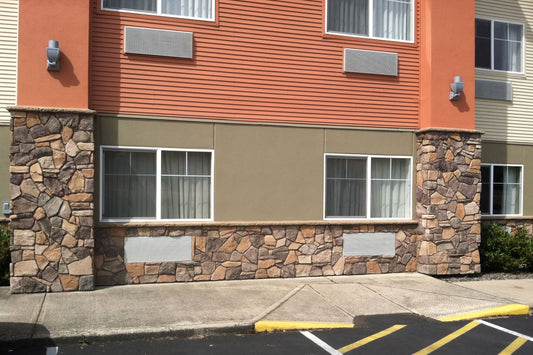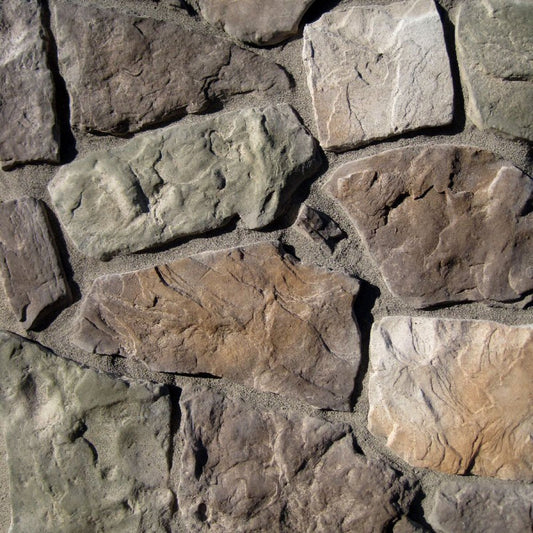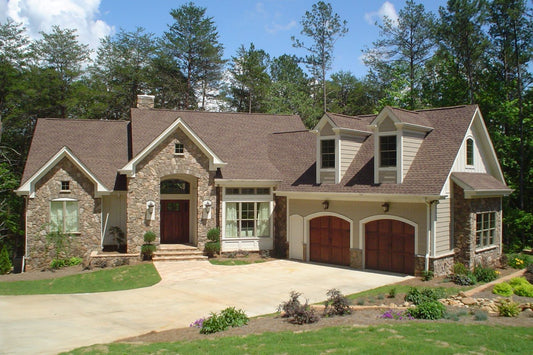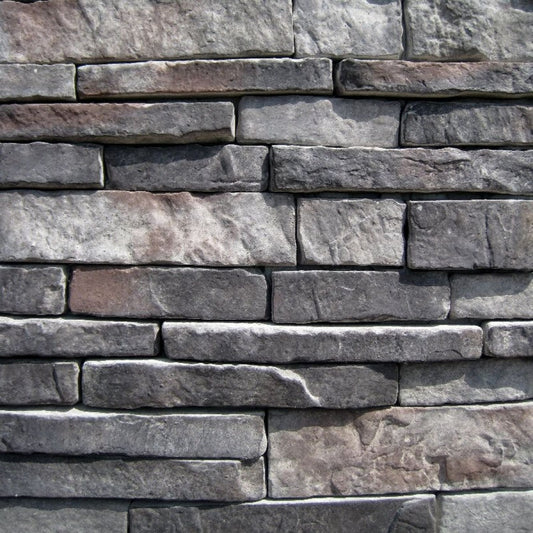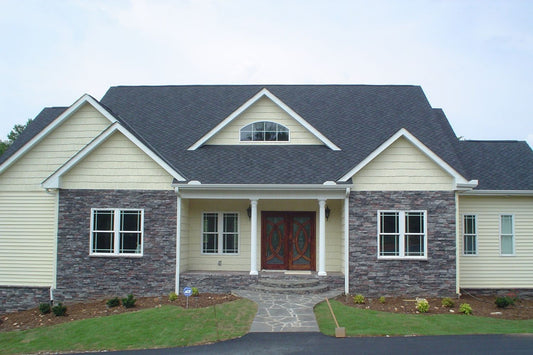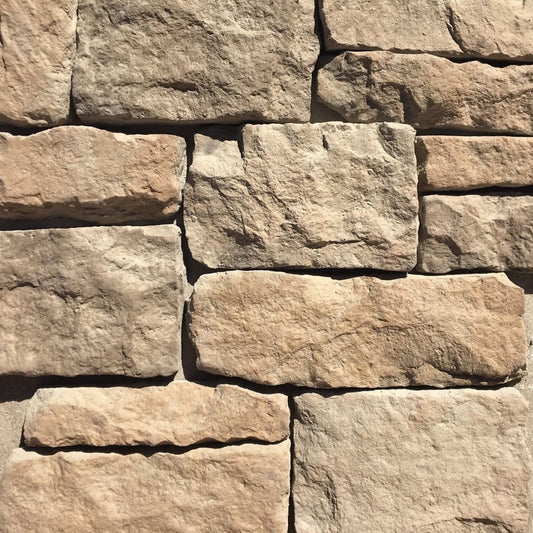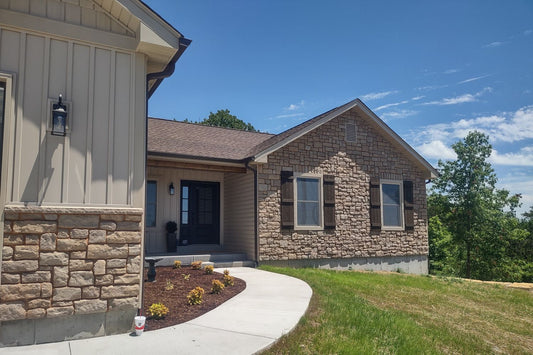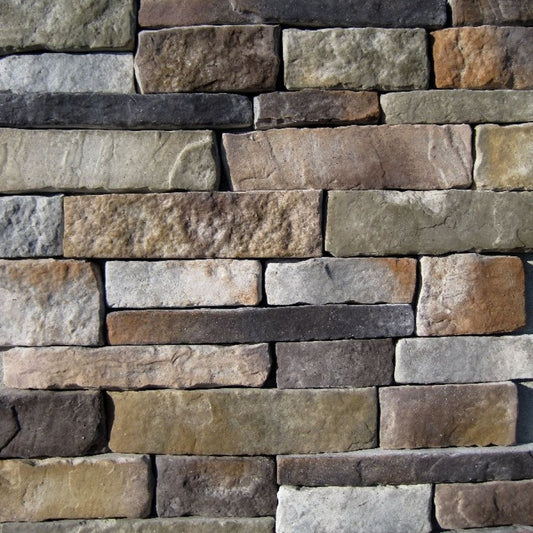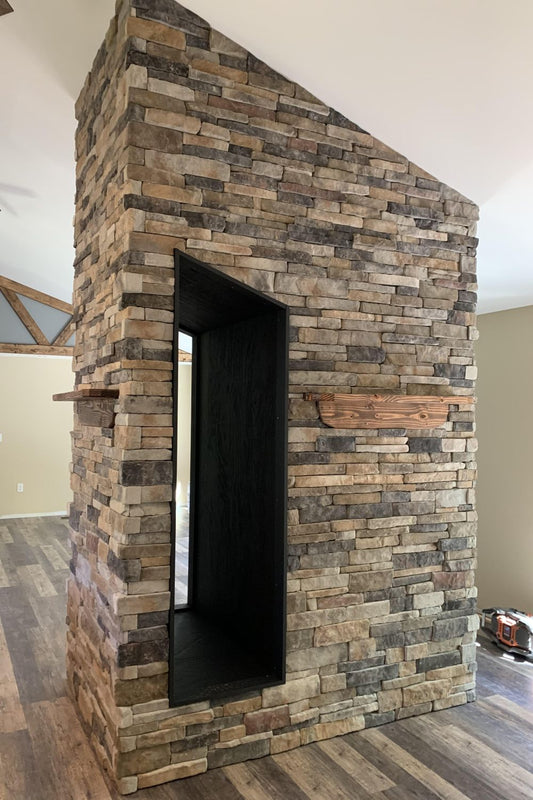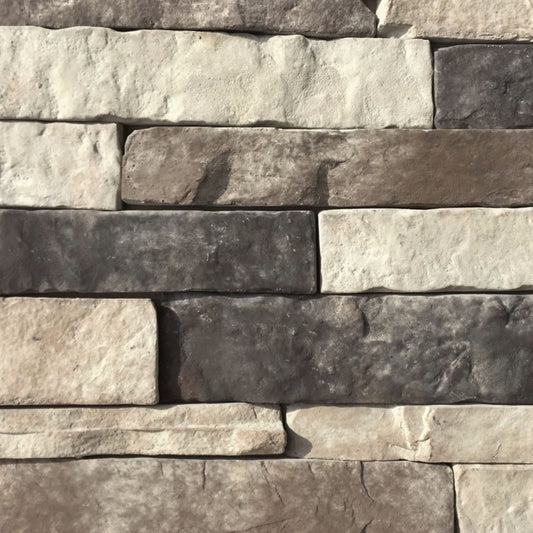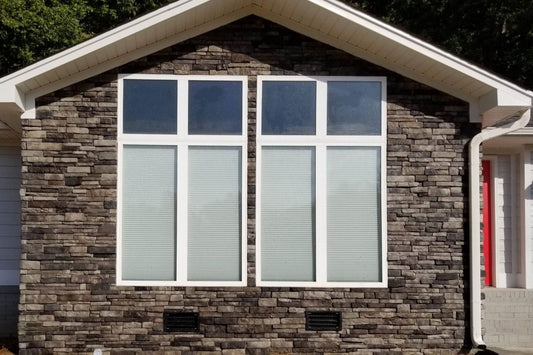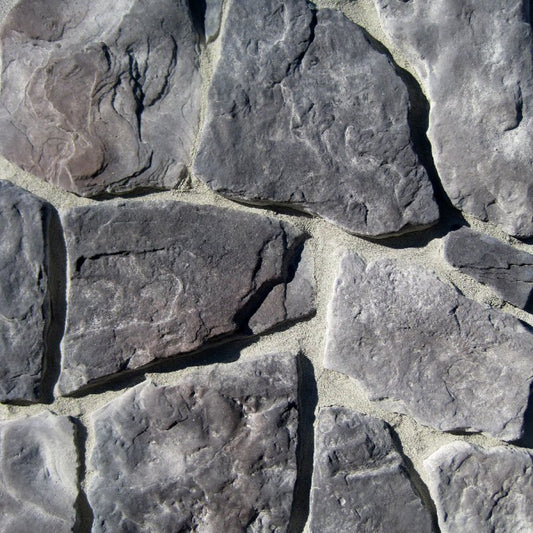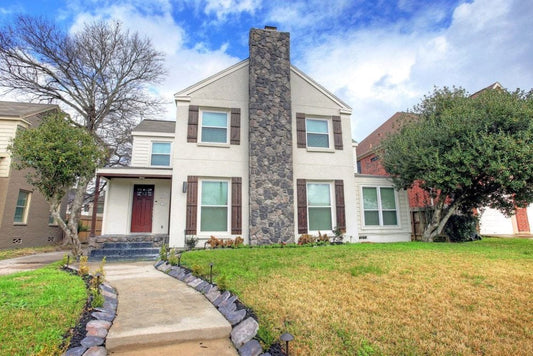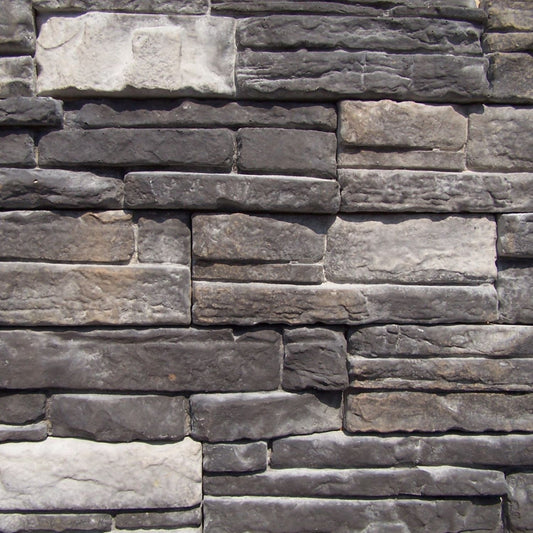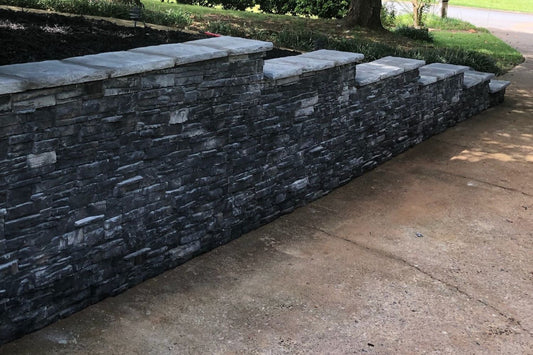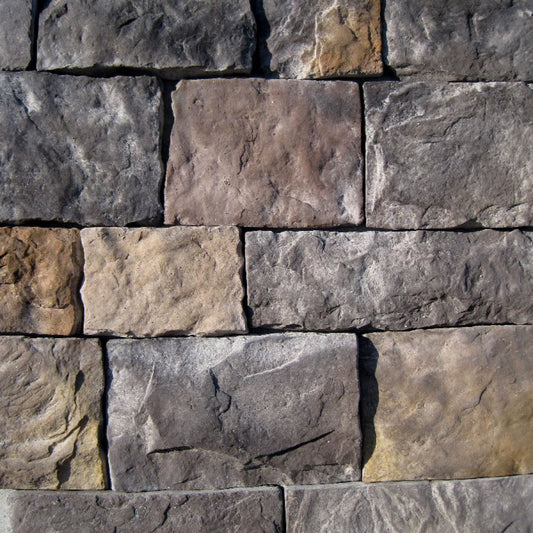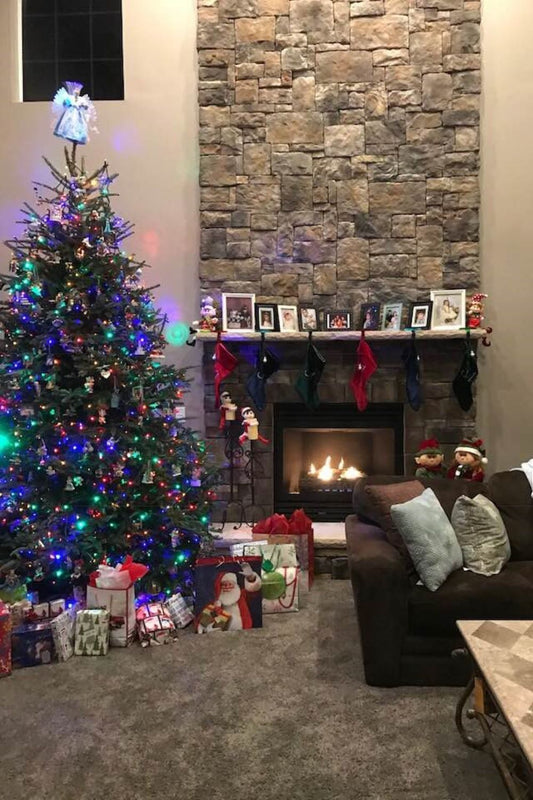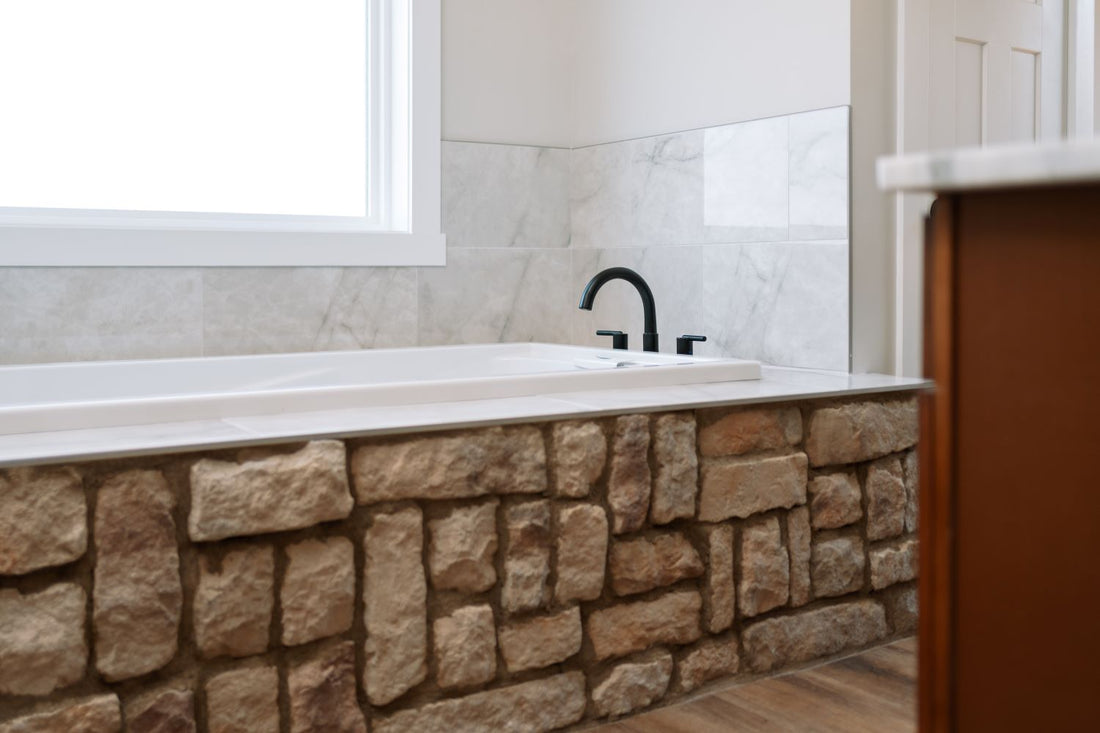
Stone Veneer and Humidity
Share
Stone veneer is a popular choice for homeowners and designers who want the timeless look of natural stone without the weight or cost. But when it comes to installing stone veneer in areas with high humidity, many homeowners wonder: will humidity damage stone veneer? Understanding how manufactured stone veneer reacts to moisture and how to properly maintain it is key to ensuring a long-lasting installation.
Does humidity affect stone veneer?
Manufactured stone veneer is designed to withstand normal environmental conditions, including fluctuations in humidity. However, like any masonry product, it is not waterproof. Prolonged exposure to high moisture levels can cause issues if the stone veneer was not installed correctly or if proper drainage and ventilation were not considered. Common humidity-related concerns:
1. Moisture absorption: stone veneer can absorb some moisture, which, without proper drainage, may lead to staining, efflorescence (white salt deposits), or freeze-thaw damage in colder climates.
2. Indoor humidity: in bathrooms, kitchens, or basements with poor ventilation, excess humidity may create a damp environment that encourages mold growth on the surface or mortar joints.
3. Outdoor humidity: in regions with consistently high humidity, ensuring proper moisture barriers and weep systems behind the stone veneer is essential.
Best practices for stone veneer in humid environments
The good news is that stone veneer can thrive in humid areas with the right precautions:
1. Proper installation matters: always use the manufacturer’s recommended guidelines, including moisture barriers, flashing, and drainage planes. Incorrect installation is the leading cause of moisture-related issues.
2. Seal when necessary: while not always required, applying a breathable masonry sealer can help reduce water absorption in areas with extreme humidity or constant moisture exposure (like near showers or outdoor kitchens).
3. Good ventilation: for indoor applications, make sure the space is properly ventilated to prevent excess humidity buildup. Exhaust fans in bathrooms and kitchens are especially important.
4. Regular maintenance: inspect your stone veneer periodically for cracks in mortar joints or signs of efflorescence. Addressing small issues early prevents long-term damage.
Where stone veneer works well in humid climates
Homeowners often use manufactured stone veneer for fireplace surrounds and accent walls, outdoor kitchens and covered patios, bathrooms with adequate ventilation, and exterior facades with reliable drainage systems. By ensuring correct installation and moisture management, stone veneer can provide lasting beauty and performance in humid environments.
Frequently asked questions about stone veneer and humidity
1. Can stone veneer be used in bathrooms or showers? Yes, stone veneer can be installed in bathrooms as long as the area has proper ventilation. For direct water contact, like inside a shower, a waterproofing system and breathable sealer are strongly recommended.
2. Does humidity cause stone veneer to crack or peel? Humidity alone will not cause stone veneer to crack or peel. Most problems arise from improper installation, poor drainage, or lack of a moisture barrier behind the veneer.
3. Should I seal my stone veneer in humid climates? Sealing isn’t always required, but in high-humidity or damp environments, a breathable masonry sealer can help reduce water absorption and staining. Always use a product recommended by the stone manufacturer.
4. Will stone veneer grow mold in humid areas? Stone veneer itself does not promote mold growth, but trapped moisture or poor ventilation may encourage mold on the surface or mortar joints. Regular cleaning and airflow prevent this issue.
5. Is stone veneer good for coastal or tropical climates? Yes, manufactured stone veneer can perform well in coastal or tropical areas with high humidity, provided it’s installed with the correct moisture barriers, flashing, and drainage systems.
Stone veneer and humidity
Humidity doesn’t have to be a dealbreaker when it comes to installing stone veneer. With proper installation, ventilation, and occasional maintenance, manufactured stone veneer can remain beautiful and durable for decades, even in areas with high moisture levels. If you’re planning a stone veneer project in a humid environment, consult with an experienced installer and consider ordering samples to see how the stone looks in your space. That way, you’ll be confident in both the style and long-term performance of your investment.
You may also like
How to seal and protect stone veneer: Tips for protection and durability.
How to clean and maintain stone veneer: Expert maintenance guide.
DIY stone veneer installation: Tips for beginners.
What's next?
Transform your space with premium manufactured stone veneer. Order a sample to see the true texture and rich color variations or shop now to start your project and achieve timeless beauty with confidence and durability.
Have a question?
Please see our full terms of service.
For general information and questions please call: (864) 882-8960 Mon. - Fri. 8am - 5pm (EST) or email: info@mountainviewstone.net we are more than happy to help you.
Or you can submit your questions via our contact us page.
We look forward to working with you on your upcoming project.
The Mountain View Stone Team

